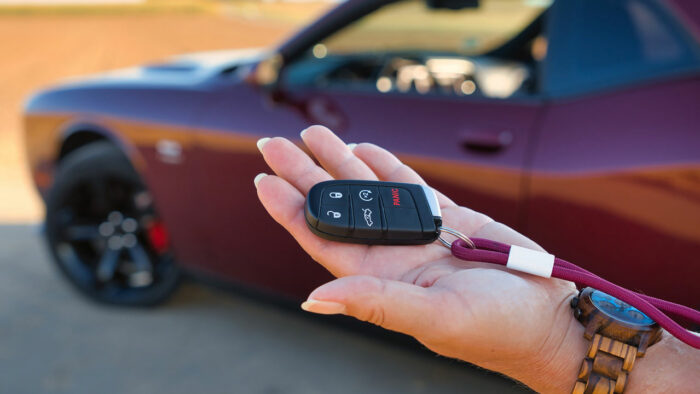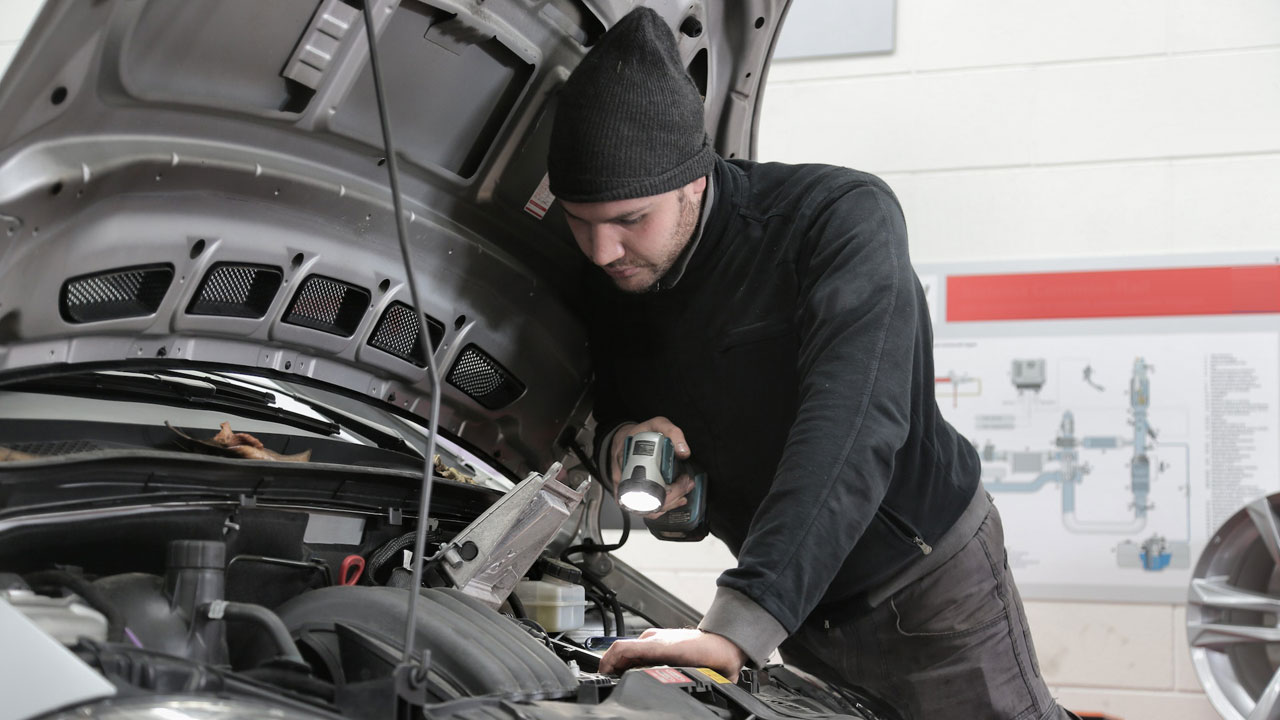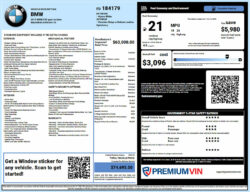When it comes to buying a used car, there are a lot of factors to consider. From the car’s condition and maintenance history to its age and mileage, it’s important to do your research and make sure you’re getting a good deal. One factor that can be particularly important is the number of previous owners the car has had.
But how many owners are too many for a used car?
In this article, we’ll explore this question and provide some general guidelines to help you make an informed decision when buying a used car.
How Many Owners Are Too Many For A Used Car?
Here are some facts that you need to know and consider about used car owners.
The Ideal Number of Previous Owners
When it comes to the ideal number of previous owners for a used car, it ultimately comes down to personal preference. Some buyers may feel more comfortable with a car that has only had one or two previous owners, as it may be seen as a sign that the car was well-maintained and not passed around frequently. On the other hand, other buyers may not be as concerned about the number of previous owners as long as the car is in good condition and has a solid maintenance history.
It’s essential to keep in mind that the number of previous owners is just one factor to consider when buying a used car. It’s essential to also consider the car’s condition, maintenance history, and any other relevant factors to ensure you’re getting a reliable and well-maintained vehicle. By doing your research and considering all of these factors, you can make an informed decision and find a used car that meets your needs.
How to tell how many owners a vehicle has had?
There are a few ways you can tell how many owners a vehicle has had and they include the following:
- Check the car’s title: The car’s title, which is a legal document that shows the car’s ownership history, should list the names of all previous owners.
- Check the car’s registration: The car’s registration, which is a document that shows the car’s current owner and any previous owners, should also list the names of all previous owners.
- Check the car’s service records: Many car owners keep records of any maintenance or repairs that have been performed on their vehicles. These records may show the names of any previous owners.
- Check the car’s history with VIN: The VIN, which is a unique 17-digit number that is assigned to every car, can be used to get a vehicle history report. A vehicle history report should show the names of any previous owners and other important information about the car, such as its maintenance history and any accidents or damage it has sustained. And you can get a VIN Check Report from PremiumVIN at a reasonable price.
And due to privacy concerns we do not show previous owners’ names or addresses in our reports, what we show is the usage timeline and number of previous owners and the city in which the car was used.
By checking the car’s title, registration, service records, and VIN, you can get a good idea of how many owners the car has and its ownership history.
Red Flags
While the ideal number of previous owners for a used car is subjective, there are a few red flags to watch out for when considering the number of previous owners.
One red flag is a car with three or more previous owners. This could indicate that the car has had a number of issues or has been passed around frequently, which could be a sign of potential problems. It’s also important to consider the circumstances under which the car was owned and whether the previous owners were individuals or businesses. A car owned by a business, such as a rental car company, may have been driven more frequently and potentially not as well-maintained as a car owned by an individual.
Other Factors to Consider
In addition to the number of previous owners, there are other important factors to consider when buying a used car:
The Car’s Condition
Before buying a used car, it’s important to thoroughly inspect the car to ensure it’s in good condition. This will help you identify any potential issues and make sure the car is safe to drive.
Here are a few steps you can take to check the condition of a used car:
- Visual inspection: Start by giving the car a thorough visual inspection. Look for any visible signs of wear and tear, such as dents, scratches, and fading paint. Check under the hood and under the car for any visible damage or rust.
- Test drive: Take the car for a test drive to get a feel for how it handles and to check for any unusual noises or issues. Pay attention to how the car accelerates, brakes, and handles turns.
- Check the tires: Make sure the tires have sufficient tread and are properly inflated. Worn or improperly inflated tires can be dangerous and can lead to issues with handling and braking.
- Check the brakes: Brake pads and rotors should be checked for wear. If the brakes are in poor condition, it could be dangerous to drive the car.
- Check the fluids: Make sure all of the car’s fluids, including the oil, coolant, and transmission fluid, are at the proper levels. Low or dirty fluids can indicate problems with the car.
By thoroughly inspecting the car and checking for any issues, you can ensure that it’s safe to drive and in good condition.
The car’s maintenance history
Checking a car’s maintenance history is an important step to take when considering buying a used car. A car with a history of regular maintenance is generally a good sign and may indicate that the car has been well maintained and is in good condition.
Here are a few ways to check a car’s maintenance history:
- Ask for service records: Most car owners keep records of any maintenance or repairs that have been performed on their vehicles. Ask the seller for these records to get an idea of how well the car has been maintained.
- Check for receipts or invoices: In addition to service records, the seller may also have receipts or invoices for any maintenance or repairs that have been performed. These can provide further information about the car’s maintenance history.
- Look for signs of regular maintenance: Look for signs that the car has been regularly maintained, such as regularly replaced oil filters or air filters.
- Check the car’s oil: The condition of the car’s oil can provide some insight into its maintenance history. If the oil looks clean and has been recently changed, it’s a good sign that the car has been well-maintained.
By checking the car’s maintenance history, you can get a better idea of how well the car has been cared for and whether it’s likely to be in good condition. It’s important to keep in mind that a car’s maintenance history is just one factor to consider when buying a used car. It’s important to also consider the car’s condition, age and mileage, and any other relevant factors.
The car’s age and mileage
When buying a used car, it’s important to consider the car’s age and mileage. These factors can affect the car’s reliability and may require more maintenance and repairs.
Here are two things to keep in mind when considering the age and mileage of a used car:
Age: Older cars are generally more prone to problems and may require more maintenance and repairs. It’s important to keep in mind that older cars may not have the latest safety features or technology.
Mileage: Higher mileage cars may also be more prone to problems and may require more maintenance and repairs. It’s important to consider the car’s mileage in relation to its age. A car with high mileage but a relatively low age may have been driven more frequently and may be more prone to problems.
FAQ
Conclusion
It is important to consider the number of owners a used car has when making a purchasing decision. While it is impossible to definitively determine how many owners are too many, it is generally advisable to avoid cars with more than two or three owners.
So you must check the car’s history including the number of owners before you go to buy it. And PremiumVIN is one of the best VIN checker tools that can help you to get a vehicle’s history report.









